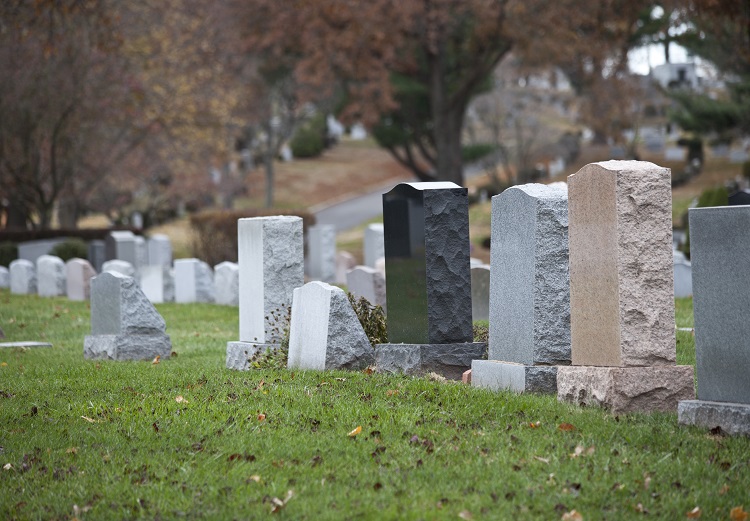
Believe it or not, there is obituary etiquette…
Writing an obituary is a very personal task, and those responsible for doing it do have a lot of latitude these days. However, there are some important things to consider. An obituary is a public notice of someone’s death, but it can also be a celebration of one’s life and accomplishments. It becomes their “swan song.” So, there are certain things you’d want to mention.
Include the deceased person’s full name and nicknames if that is how he or she would be remembered by most people. List date of death and the city in which the person died. Some people even list whether the person died in a medical or hospice facility. Listing the cause of death is optional, as are photos of the deceased. But photos are becoming more and more common. Some families put a photo of the person when they were young and a more current photo, as well.
•Listing the date of birth and age is customary. That information can help people reading the obituary put the person in context. However, it is not a requirement.
If the deceased is an adult woman and she has been married more than once, list all of her names throughout the years, including her maiden name.
When listing survivors, include parents, spouses, children, siblings and any other family members who would be important for readers to know about. When listing adult survivors give their full names and the names of their spouses.
The next piece of the obituary would be about the person’s life and accomplishments. This is where you’d list where the person was born and where he or she lived. Note where the person was educated, military service if that is applicable, where the person worked, and the organizations he or she belonged to and any major achievements throughout the person’s life.
•If the person was preceded in death by parents, siblings or children, list those names, too.
Give the details for the funeral or service and viewing times, and any preference for memorials in lieu of flowers. Listing preferred memorials is often a clue as to why the person died if cause of death is not listed.
Do list the name and address of the funeral home. This allows people an option for sending notes of condolence if they are not privy to family’s address.
•Don’t hesitate to seek the help of the funeral director for details and logistical issues for the obituary.
Guidelines and cost may vary from paper to paper, so be sure to check as to what your paper requires.